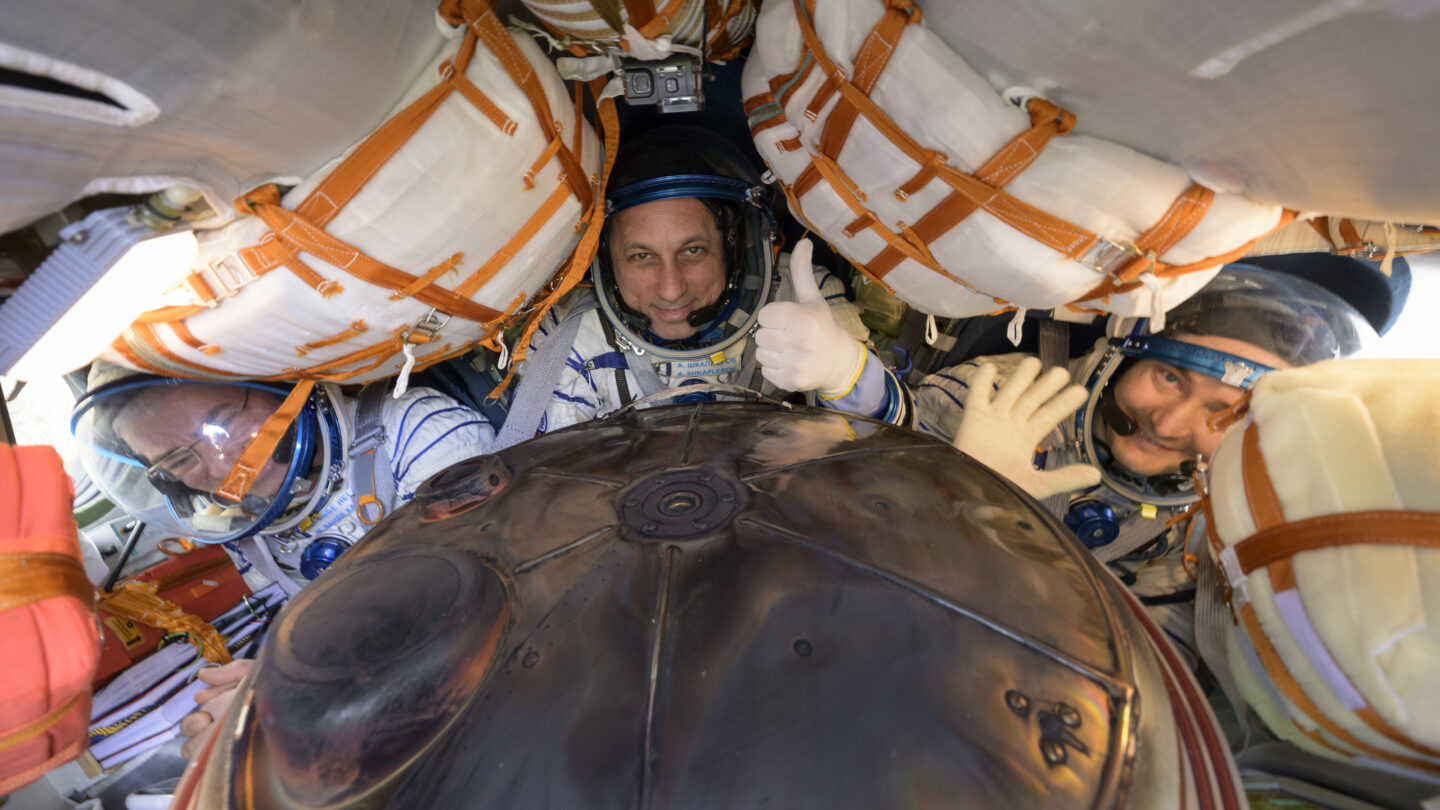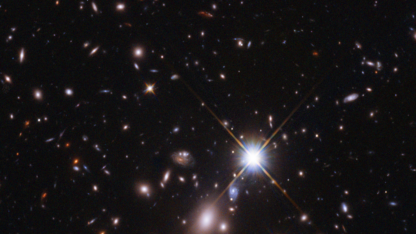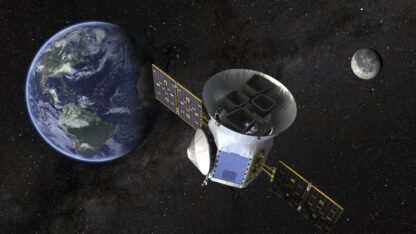In a rare sign of cooperation between the U.S. and Russia, astronauts from both countries parachute-landed in Kazakhstan on Wednesday after a trip back to Earth from the International Space Station.
The two superpowers have clashed recently over Russia’s ongoing military invasion of Ukraine, but space remains one area where the U.S. and Russia still work together.
NASA astronaut Mark Vande Hei and cosmonauts Anton Shkaplerov and Pyotr Dubrov made the journey back in the Soyuz MS-19 spacecraft and touched down on the Kazakhstan steppe at 5:28 p.m. local time.
Vande Hei was set to return to his home in Houston, while Shkaplerov and Dubrov were slated to go back to their training base in Star City, Russia.
According to NASA, Vande Hei broke a record with his lengthy spaceflight, remaining in low-Earth orbit for 355 days.

9(MDAxODM0MDY4MDEyMTY4NDA3MzI3YjkzMw004))








